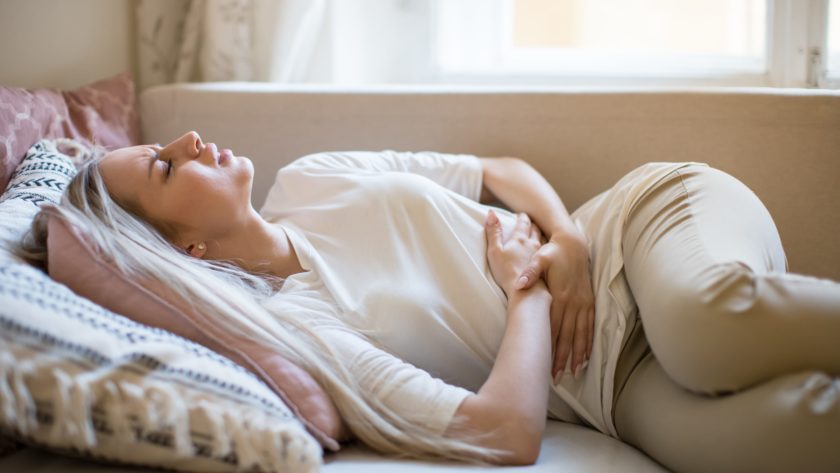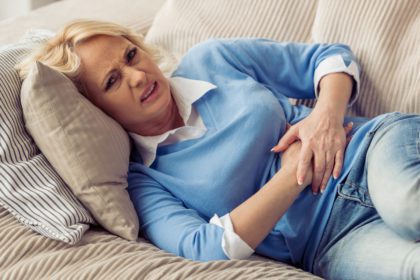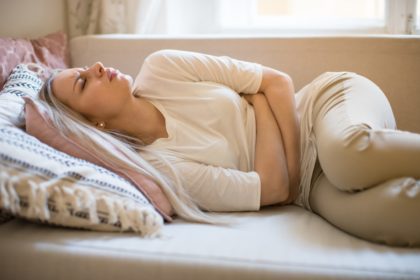UPDATE: Did you know that winter is prime heart attack season and heart attacks are the No. 1 killer of women? February is American Heart Month and marks the time to raise awareness about heart disease and how you can prevent it. Over 600,000 Americans die of heart disease every year — that’s one in every four deaths. Weekend anchor Marty Gonzalez on “KRON 4 Morning News Weekend” and I cover a topic that EVERY woman needs to know. Please pass it on to your beloved females.
Why Winter is Prime Heart Attack Season
- Cold air temperatures
- Mixing alcohol with cold weather
- Risk of the flu
What to Do
- Stay warm if you’re an older adult. Wear layers. The elderly are especially at risk because they have less body fat and a diminished ability to sense temperature. Wind, rain, and snow also steal body heat.
- Be wary of snow shoveling especially if you’re not a regular exerciser, have heart disease, or have a chronic medical condition. Snow can be HEAVY. Shoveling is a vigorous activity and can put strain on your heart.
 Cover your mouth and nose. Wearing a scarf allows the air to naturally get warmed before it enters your body, and thus, won’t be such a shock to your heart and lungs. (This is especially critical for the elderly, people with heart disease risk factors or have a cardiac history.)
Cover your mouth and nose. Wearing a scarf allows the air to naturally get warmed before it enters your body, and thus, won’t be such a shock to your heart and lungs. (This is especially critical for the elderly, people with heart disease risk factors or have a cardiac history.)
- Drink water — not alcohol. Water is an insulator and retains body heat.
- Flu can cause inflammation of vital organs and result in multiple organ failure.
- Inflammation may cause the plaque inside blood vessels to crack, rupture, and dislodge which could result in a blockage within an artery.
- When you have the flu, the heart may need to work harder to pump blood through the lungs (which are inflamed from the infection), thus increasing the stress place on the heart.
- Myocarditis, the inflammation and destruction of the heart muscle tissue, can be caused by the flu and lead to rapid heart failure.
- A Circulation study showed that 43% of women do NOT experience acute chest pain at all during a heart attack which is a hallmark sign in men.
Major Symptoms in Women During a Heart Attack
- Shortness of breath (57.9%)
- Weakness (54.8%)
- NO chest pain (43%)
- Fatigue (42.9%)
- Back pain
- Upper abdominal pressure or discomfort — like indigestion (feel like you need to burp)
- Cold, clammy sweat
- Dizziness
- Nausea or vomiting
- Lower chest discomfort — not necessarily ‘pain’
Major Symptoms in Women More Than One Month Prior to a Heart Attack
- Unusual fatigue that may even feel like the onset of the flu (70.7%)
- Difficulty sleeping (47.8%)
- Shortness of breath (42.1%)
- Chest discomfort (29.7%) and many experienced NO chest pain
- Indigestion
- Anxiety
- Feelings of “impending doom”
![]() Karen’s Fit Tip: Don’t dismiss symptoms as something minor or try to ‘tough it out’. To prevent irreversible damage or death, you want to be in the Emergency Room within THIRTY MINUTES from the time you start feeling symptoms. Be assertive and persistent. Remember, many doctors still don’t recognize female heart attack symptoms. In the Emergency Department, tell the triage nurse you need to be seen by a cardiologist. Know the symptoms, know your risk factors, and pass this information on to women you know.
Karen’s Fit Tip: Don’t dismiss symptoms as something minor or try to ‘tough it out’. To prevent irreversible damage or death, you want to be in the Emergency Room within THIRTY MINUTES from the time you start feeling symptoms. Be assertive and persistent. Remember, many doctors still don’t recognize female heart attack symptoms. In the Emergency Department, tell the triage nurse you need to be seen by a cardiologist. Know the symptoms, know your risk factors, and pass this information on to women you know.
xo,






